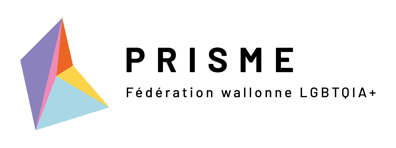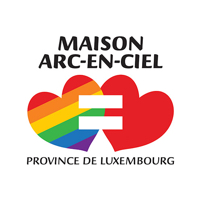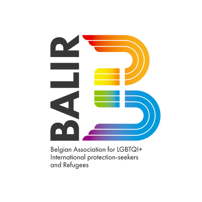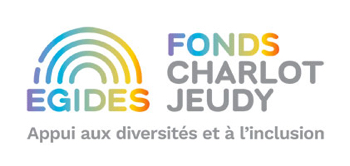

Homosexuality became legal after Ukraine independence and the fall of the Soviet Union since 1991. Transgender people allowed to change gender since 2011. In any case, Ukraine has not recognised yet same-gender marriage or any other form of legal partnership. Same-gender couples (not singles) banned to adopt children. Ukraine adopted a comprehensive anti-discrimination law in 2015 that includes sexual orientation and gender identity as protected grounds. However, implementation of this law remains inconsistent, and discrimination against LGBTQIA+ individuals persists. MSMs allowed to donate blood since 2016. LGBTQIA+ people allowed to serve openly in the military and lesbian and bisexual women have access to IVF. The first Pride parade in Kyiv took place in 2016, and subsequent events have faced varying degrees of opposition and violence from far-right groups. In 2021, the Kyiv Pride parade was cancelled due to COVID-19 restrictions, but a smaller-scale event was held in a different location. The police and judicial system are not always supportive of LGBTQIA+ victims of hate crimes and discrimination, and cases of violence against LGBTQIA+ individuals often go unpunished. In December 2022, the Ukrainian Parliament unanimously passed a bill that banned hate speech and discrimination against LGBTQIA+ people in mass media. In 2020, Ukraine's Ministry of Health announced plans to ban the practice of conversion therapy, which seeks to change a person's sexual orientation or gender identity. However, no official ban has been enacted yet.

Traditionally, the prevailing social and political attitudes have been intolerant of LGBTQIA+ people, and strong evidence suggests this attitude remains in parts of the wider society in Ukraine. Despite a growing movement for LGBTQIA+ rights and acceptance and developing activism in Ukraine, there is still a significant amount of stigma and discrimination, physical and verbal violence, harassment, and attacks, rejection from the families and friends and so on. LGBTQIA+ individuals in Ukraine may feel invisible or marginalised in public life. While hate crimes laws exist, they are not always enforced, and there is often impunity for perpetrators. There have been several reports of attacks and firing queer clubs in Ukraine. Nevertheless, the acceptance of LGBTQIA+ people in Ukraine has been recently improved. It might have been a result of Russian invasion, carried out under the slogans of defending traditional values and fighting PRIDE Parades.

There are significant progress in the field of LGBTQIA+ activism in Ukraine in recent years.
Here are some examples:

There have been historically several reports of displacement of Ukrainian LGBTQIA+ individuals due to discrimination and violence. Ukrainian LGBTQIA+ individuals who face a high risk of violence and persecution, are forced to flee their homes and communities and seek asylum in other countries, mostly in the European Union. Russia invasion has led to the displacement of more than 1.5 million people, including many LGBTQIA+ individuals.



